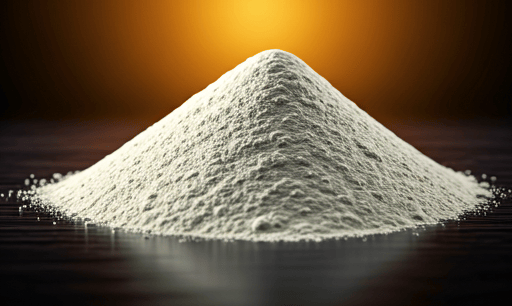Lactobacillus rhamnosus with increased efficacy: Latest innovation by DSM
NUTRACEUTICALS


The probiotics market is rapidly growing as consumers increasingly recognize the benefits of maintaining a healthy gut. Among the various probiotics, Lactobacillus rhamnosus, particularly the GG strain, stands out for its ability to support gut health, boost immunity, and reduce cholesterol. However, delivering the full potential of probiotics like Lactobacillus rhamnosus comes with challenges.
One significant hurdle lies in enhancing the bioavailability of pili, the fibrous proteins on the bacterial surface critical for adherence of these probiotics to intestinal cells and biofilm formation. Additionally, manufacturers must deliver probiotics with high colony-forming unit (CFU) counts, small bacterial particle sizes, and a substantial bacterial surface area—all without compromising viability.
DSM has filed a patent application on addressing these challenges by optimizing the production of Lactobacillus rhamnosus. This process not only enhances pili bioavailability but also ensures smaller bacterial particles, higher CFU counts per gram, and improved bacterial viability. Thus, resulting in a probiotic product with superior performance in both food and medical applications.
How the Process Works
At the heart of DSM’s invention is a unique fermentation method followed by a shear application step:
Lactose-Free Fermentation
The Lactobacillus rhamnosus is grown in a lactose-free, milk-free medium under carefully controlled conditions. Fermentation occurs at temperatures of ≤39°C (preferably ≤37°C) and a pH of ≤5.6, ensuring optimal growth and viability. This lactose-free process caters to a wider range of dietary needs, including those with lactose intolerance.Applying Shear Forces
Following fermentation, shear forces are applied to the fermentation broth. This innovative step reduces the bacterial particle size, achieving particles ≤8.0 micrometers, and enhances the surface area per gram of product. By breaking down the pili’s intertangling, this step increases their bioavailability, improving the bacteria’s ability to adhere to intestinal cells.Optional Concentration and Stabilization
The fermentation broth may be concentrated and treated with cryoprotectants or stabilizers to maintain the high viability of the bacterial cells, even during storage and transportation.
DSM’s process yields a probiotic product with exceptional attributes. It ensures high CFU counts, guaranteeing potent probiotic effects with >2.00 × 10¹¹ CFU/g viability. The reduced particle size increases surface area, which improves intestinal interaction. Furthermore, the enhanced pili bioavailability strengthens adhesion to intestinal cells, boosting efficacy.
These properties collectively enhance the product’s impact on gut health, making it particularly effective in repopulating the gut after antibiotics, supporting the immune system, and addressing gastrointestinal conditions.


